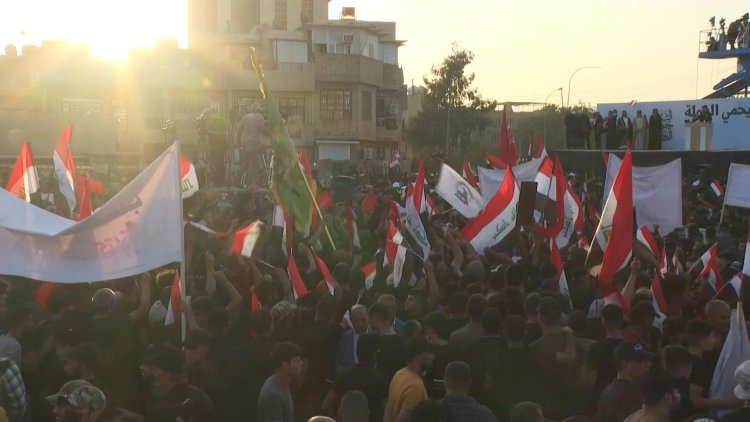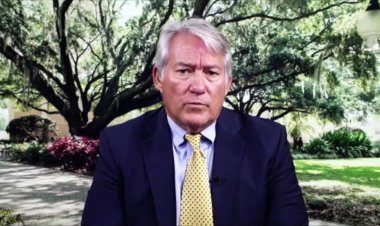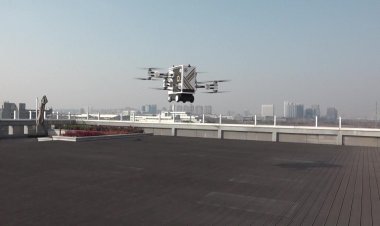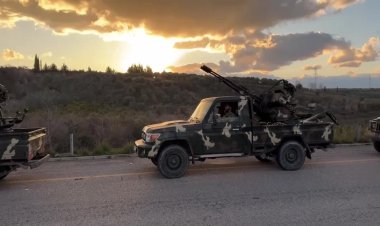Rival sit-ins deepen Iraq political deadlock

Opponents of populist Shiite cleric Moqtada Sadr launched their own Baghdad sit-in two weeks after Sadr supporters stormed parliament and began an open-ended protest first inside, then outside the legislature.
The opposing encampments are the latest turn in a standoff between Iraq's rival Shiite blocs which has so far remained peaceful in the war-scarred country.
In a statement read out to thousands of supporters who had gathered on one of the main access roads to the capital's Green Zone government and diplomatic compound, the pro-Iran Coordination Framework said it would hold an "indefinite sit-in" to speed up the formation of a new government to end months of deadlock.
Loyalists of Sadr, a revered Shiite cleric who once led a militia against US and Iraqi government forces, have been demanding fresh elections after the Coordination Framework named a candidate for the premiership, a post they believe should be theirs.
The Coordination Framework, an alliance that brings together the party of ex-prime minister Nuri al-Maliki, a longtime Sadr foe, and the Hashed al-Shaabi, a pro-Iran former paramilitary network now integrated into the security forces, wants a new government to be formed as quickly as possible.
A statement from the alliance demanded the "formation of a new government" that would provide public services and solutions to power outages and water shortages.















